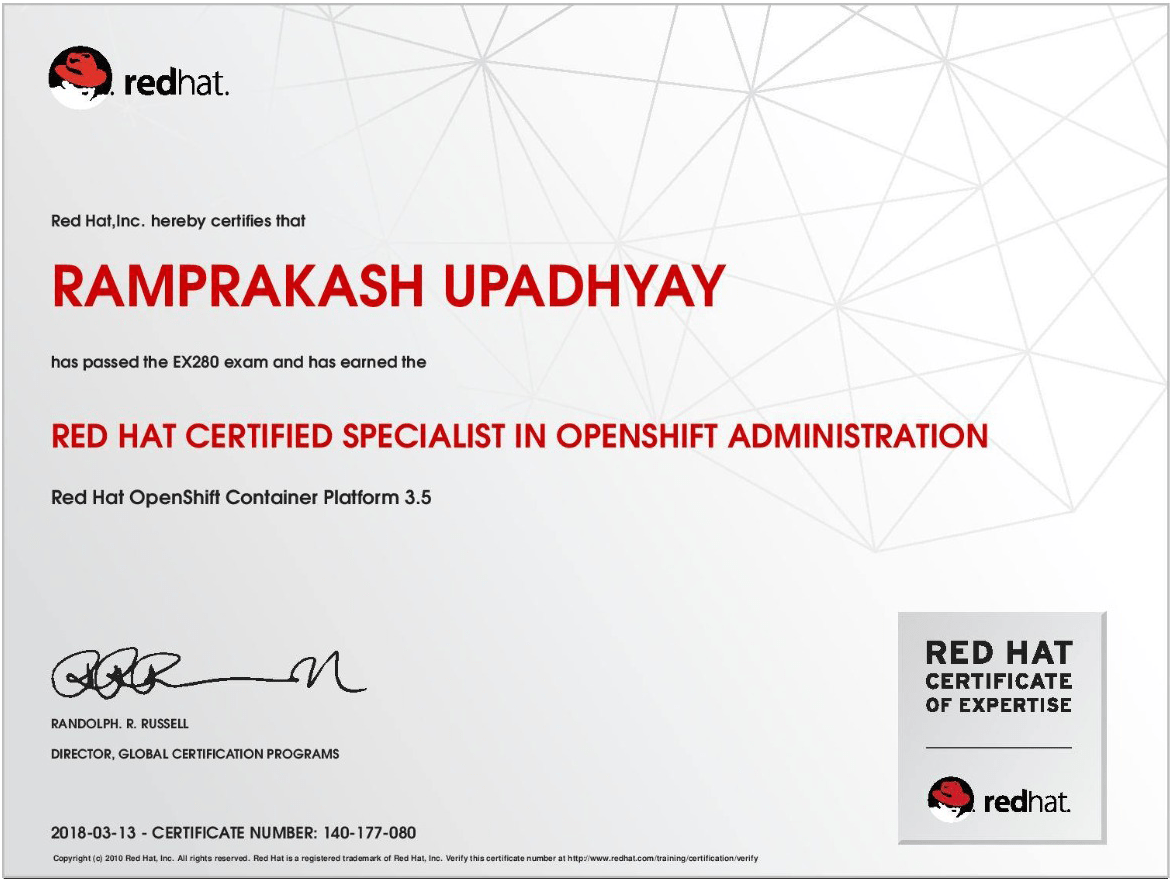Redhat Technologies
EX380: RedHat OpenShift Administration
Develop Your Skills with RedHat OpenShift Administration III (DO380) and Learn the Art of Scalable OpenShift Clusters.
RedHat OpenShift Administration III (DO380) improves OpenShift knowledge for enterprise clusters through strategic scaling. Discover how to integrate enterprise authentication, automate tasks with Ansible, automate growing stakeholders, monitor logs and metrics, optimize storage and machine configurations, and implement GitOps workflows. Develop your abilities to handle large-scale deployments with ease.
This course is based on Red Hat® OpenShift Container Platform 4.10.
Attend a free demo – Click Here!
